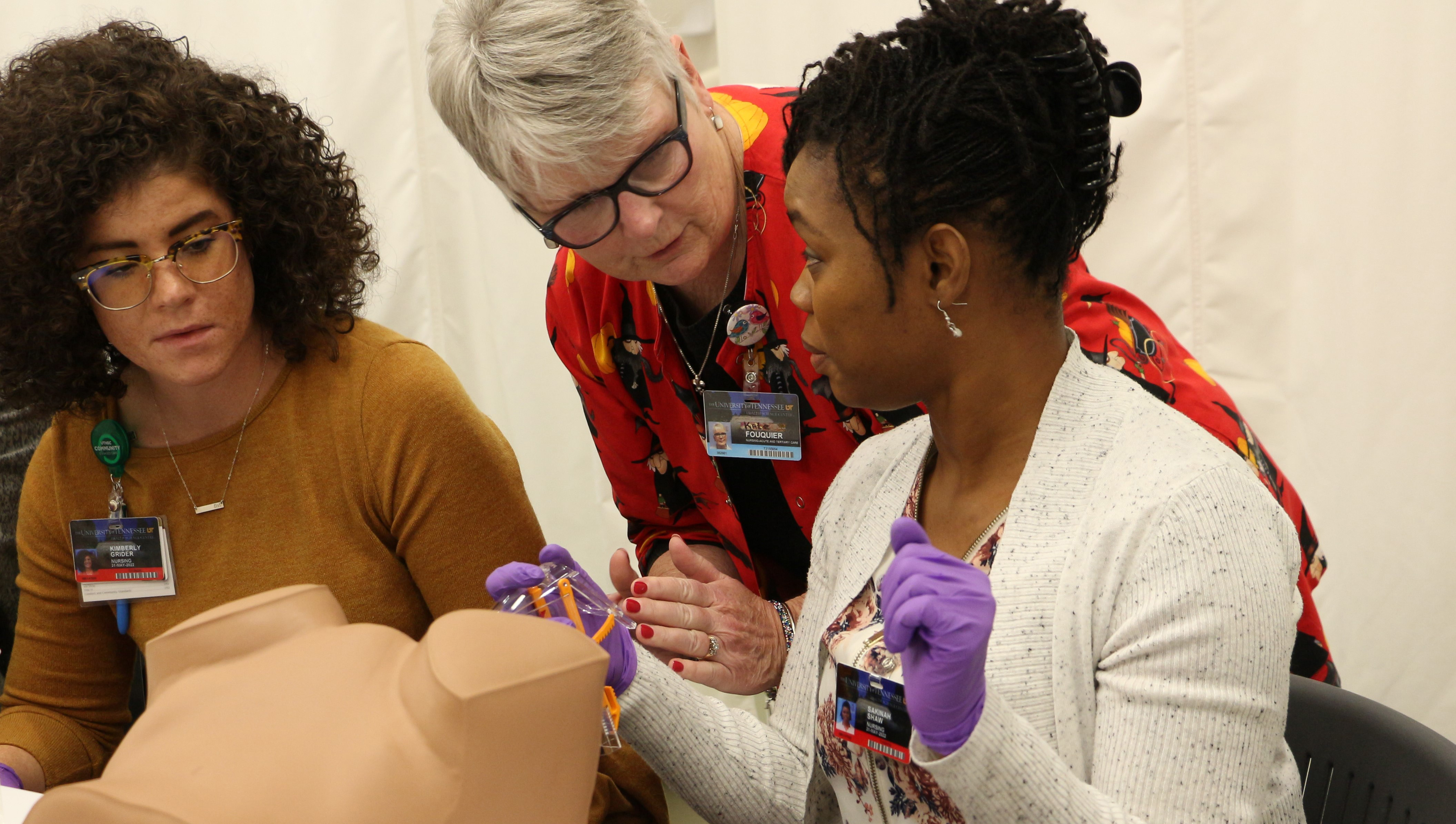DOI
10.21007/con.dnp.2023.0061
Faculty Advisor
Dwayne Accardo, DNP, CRNA, FAANA
Document Type
Article
Publication Date
4-27-2023
Disciplines
Health and Medical Administration | Medicine and Health Sciences | Nursing | Nursing Administration | Perioperative, Operating Room and Surgical Nursing | Quality Improvement
Abstract
Background/Purpose
Enhanced Recovery After Surgery (ERAS) protocols are multi-disciplinary approaches that optimize recovery and reduce surgical outcome variability. This scoping review compares surgical outcomes associated with traditional perioperative care to outcomes associated with an ERAS protocol for patients undergoing cardiothoracic surgery.
Methods
A literature review evaluating traditional perioperative care versus ERAS protocols in cardiothoracic surgical patients was performed to set inclusion and exclusion criteria based on current peer-reviewed journal articles for qualitative data. Group members selected 14 articles based on inclusion criteria and relevance to the PICOT question for review and placed findings in a synthesis table. Findings included compliance rate to protocol, length of stay (LOS), pain control, perioperative education, and complication rates. Control groups involved patients undergoing similar procedures from the same facilities utilizing traditional perioperative care compared to those enrolled in an ERAS protocol at 1 month, 3 months, and 6 months postoperative.
Results
Of the included studies (N=14), the most significant outcome from the evidence collection is a decreased LOS with the ERAS protocol (N=13). Postoperative complication rates decreased in 57% of the articles (N=8) and hospitalization costs decreased in half of the articles (N=7) when using ERAS protocols. Hospital readmission rates were either maintained (N=12) or decreased (N=2). These trends indicate that ERAS protocols are associated with improved patient outcomes and decreased hospitalization costs.
Implications for Nursing Practice
This scoping review shows that ERAS protocols consistently produce positive surgical outcomes. Because ERAS protocols consolidate evidence-based practices known to improve surgical outcomes, they comprise a straightforward plan for hospitals to implement that will effectively improve surgical outcomes for patients. Utilizing ERAS protocols from the pre-admission to post-discharge phases of care should be standard practice for appropriate patient groups.
Recommended Citation
Shaw, Emile; Schultz, Samantha; Woods, Taylor; Zollmann, Emma; and Accardo, Dwayne DNP, CRNA, FAANA , "Enhanced Recovery After Surgery (ERAS) for Cardiothoracic Surgery" (2023). Doctor of Nursing Practice Projects. Paper 61. http://dx.doi.org/10.21007/con.dnp.2023.0061.
https://dc.uthsc.edu/dnp/61
Included in
Nursing Administration Commons, Perioperative, Operating Room and Surgical Nursing Commons, Quality Improvement Commons


